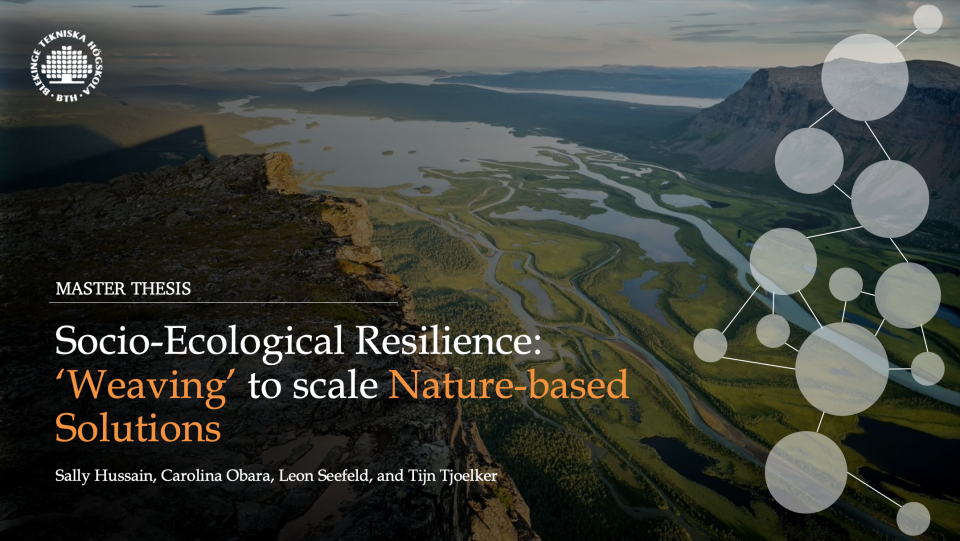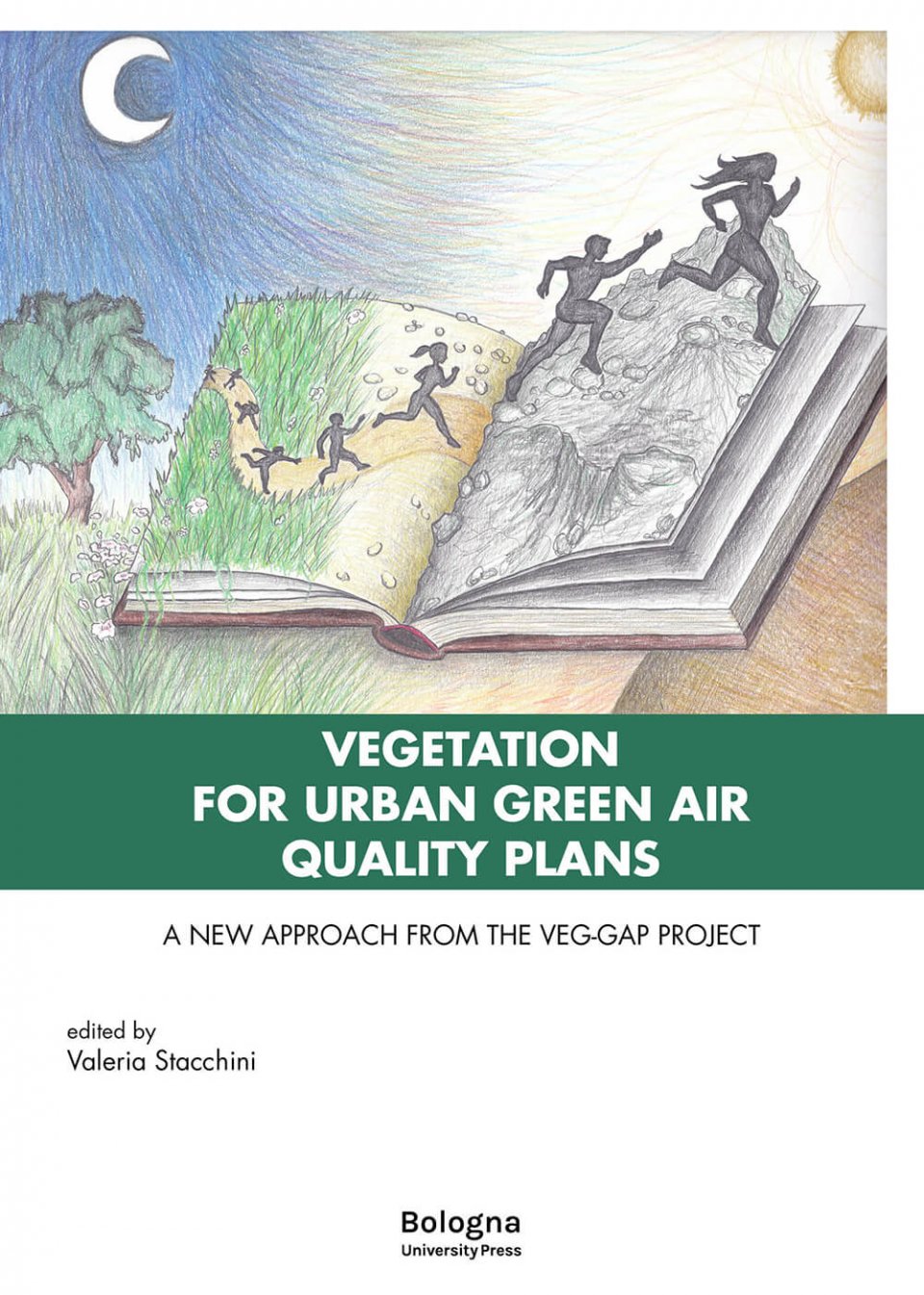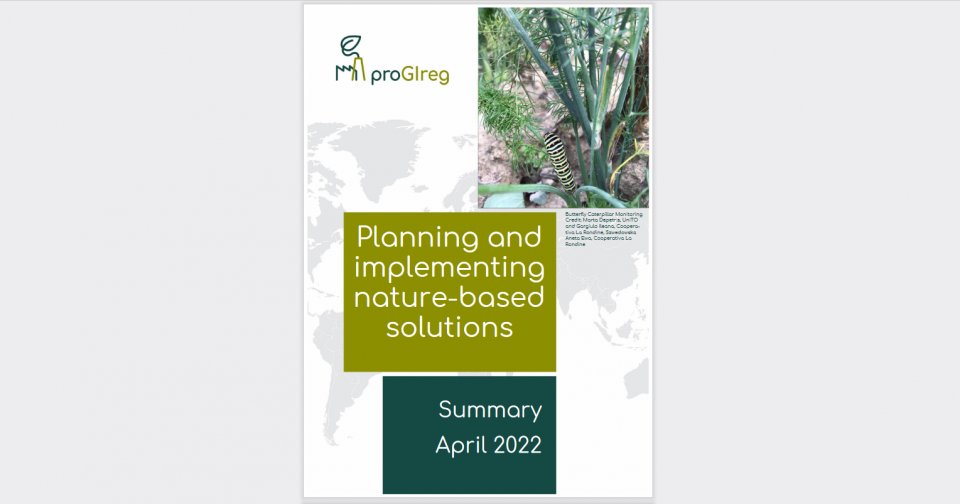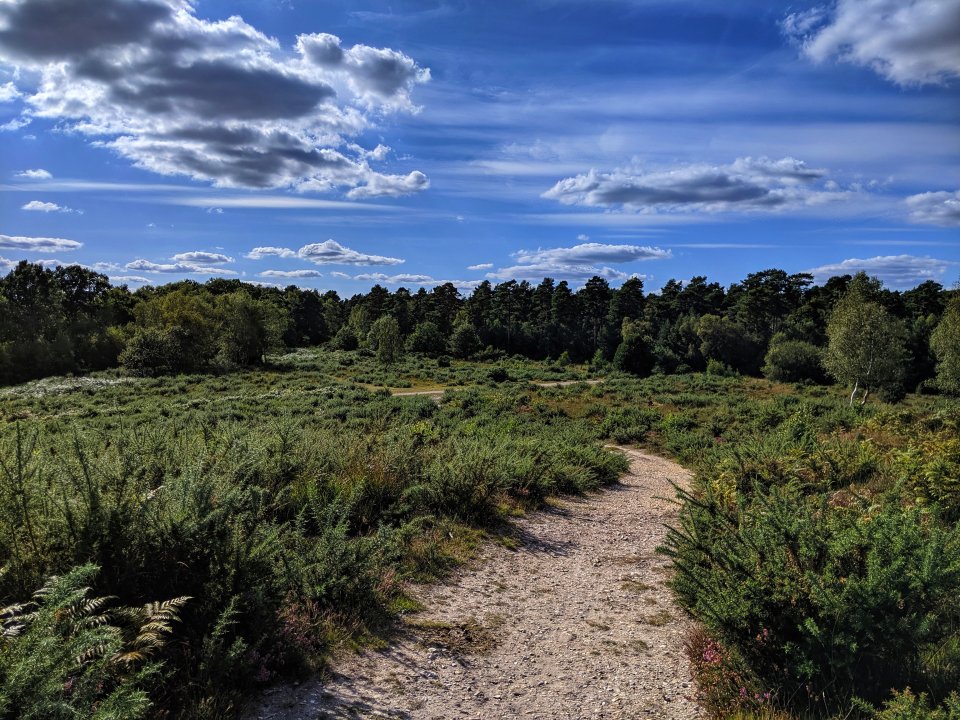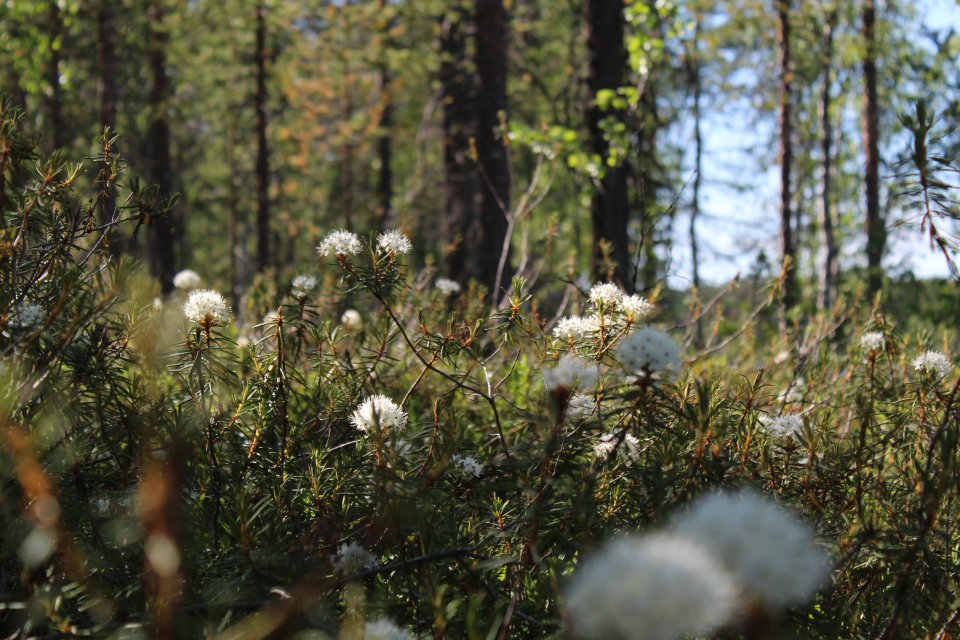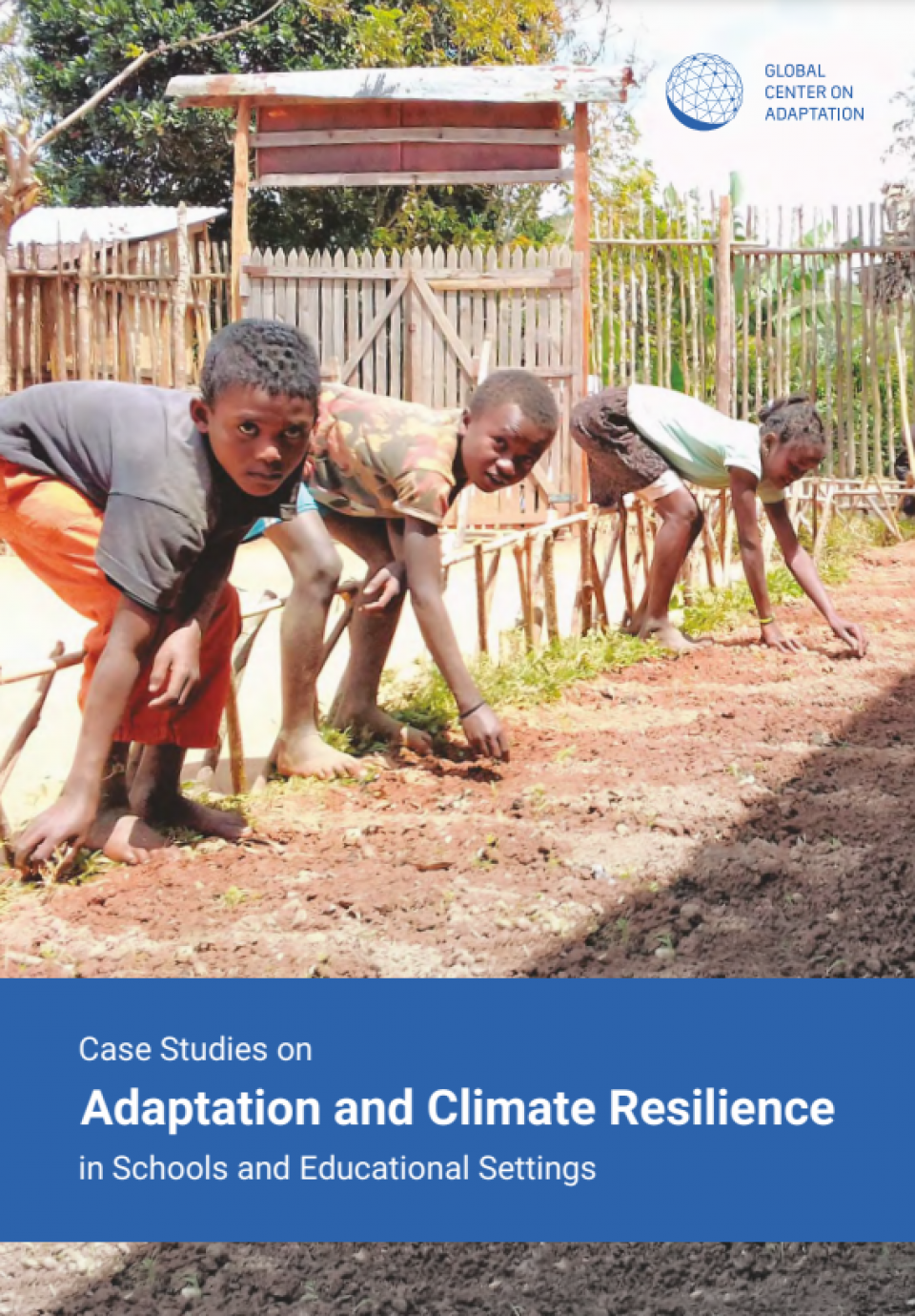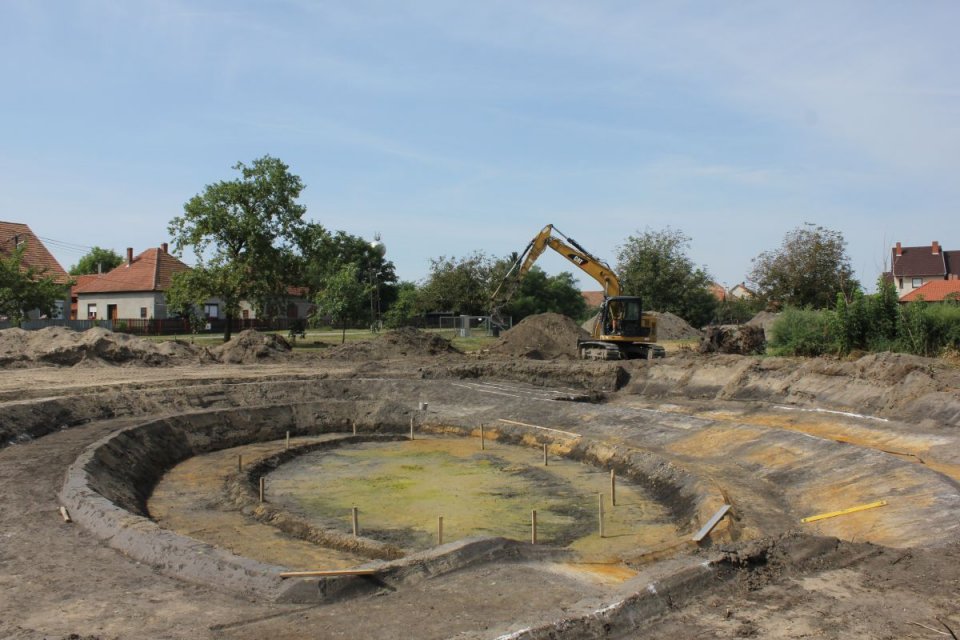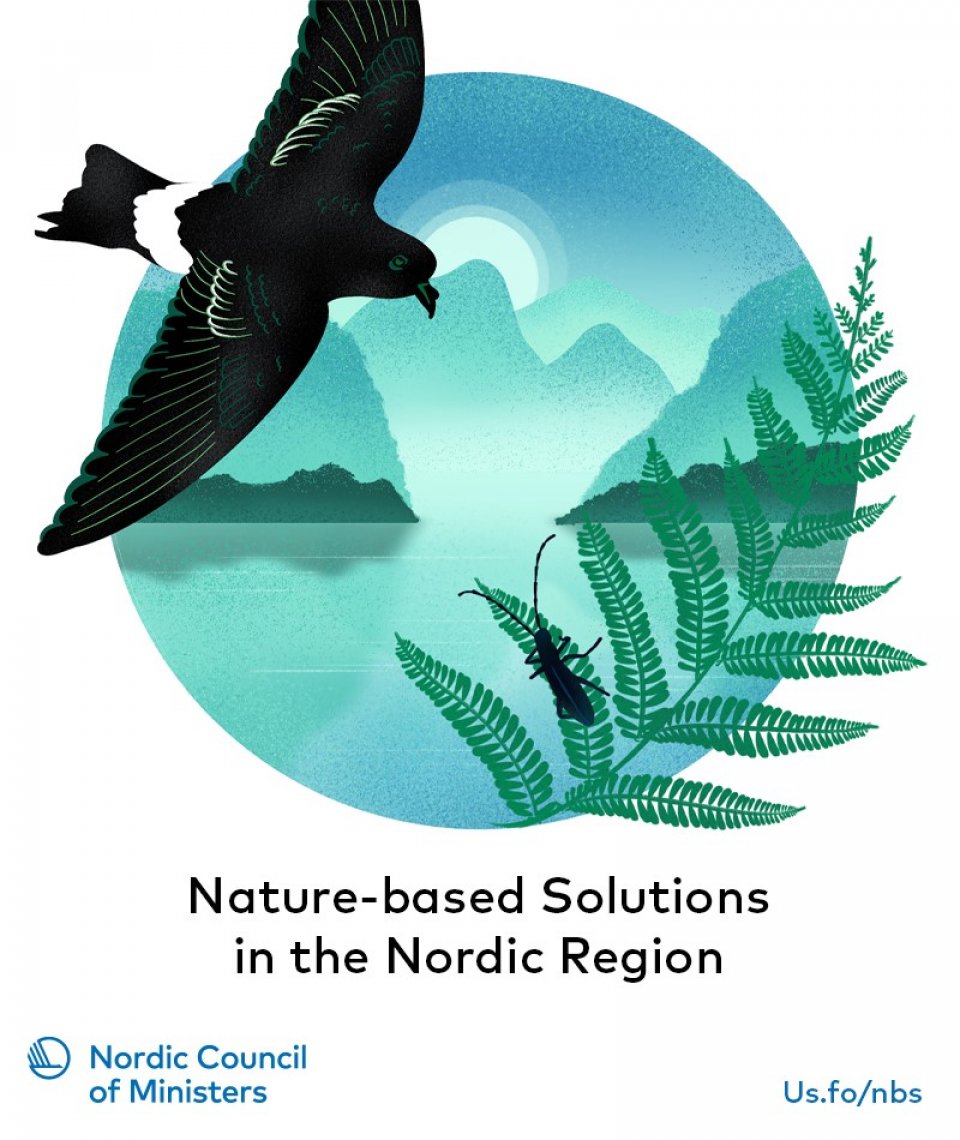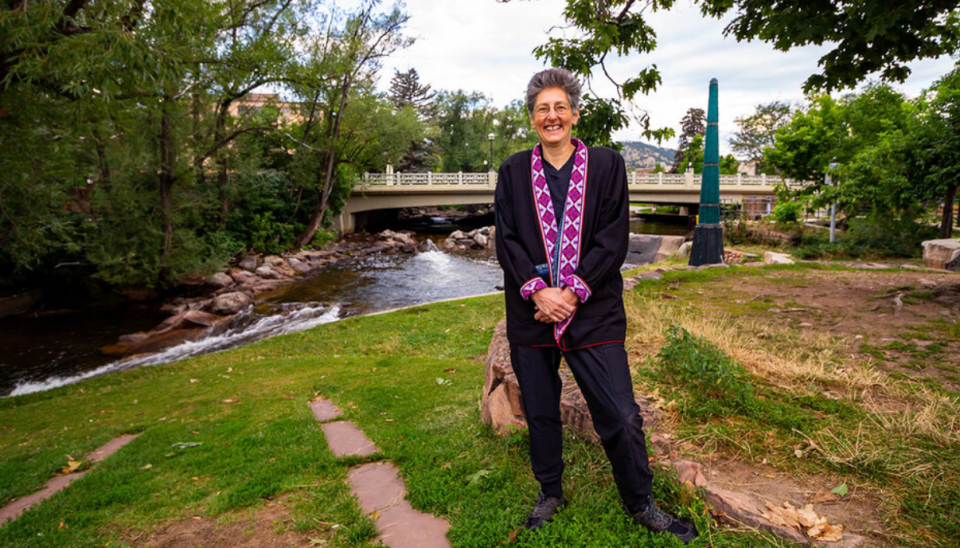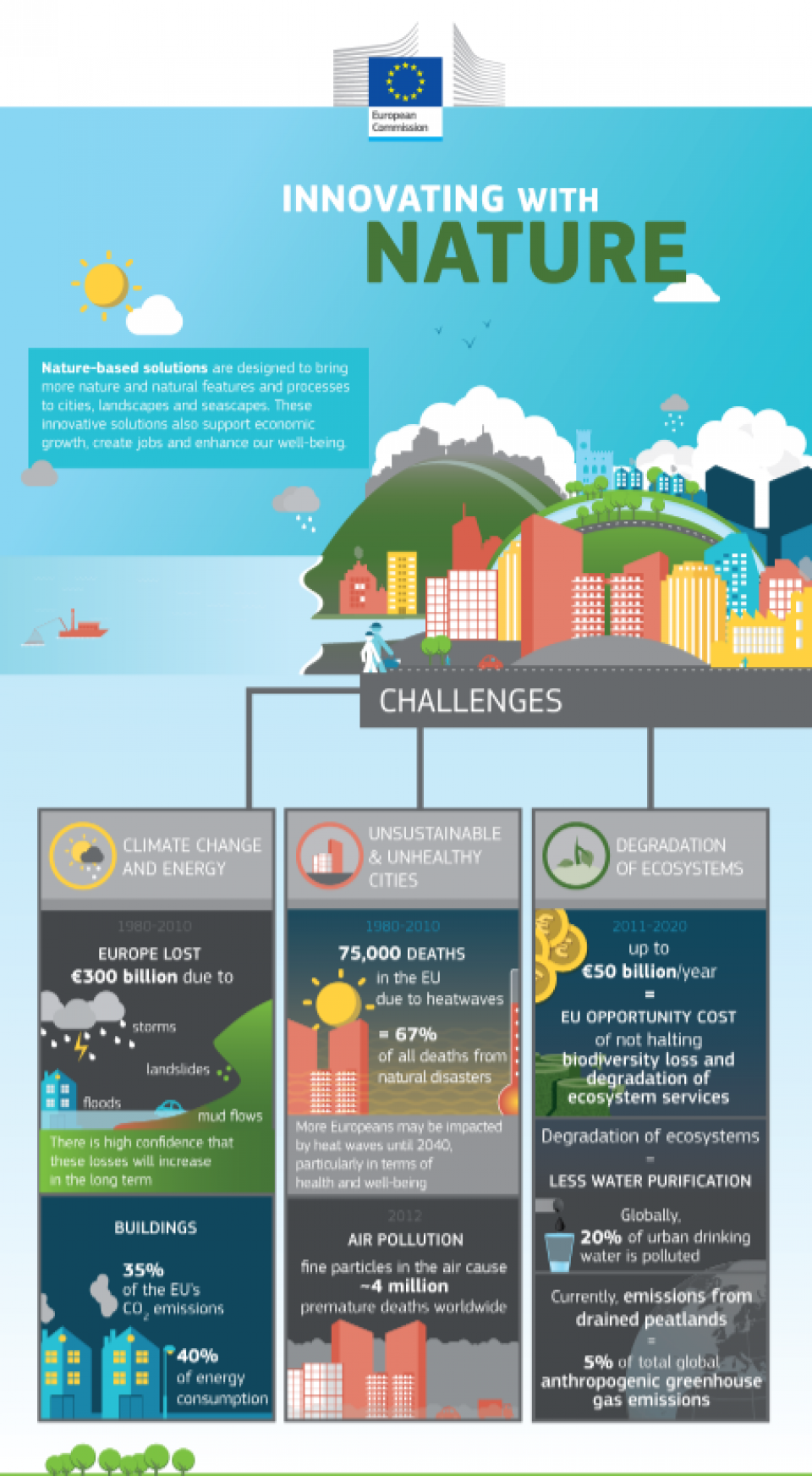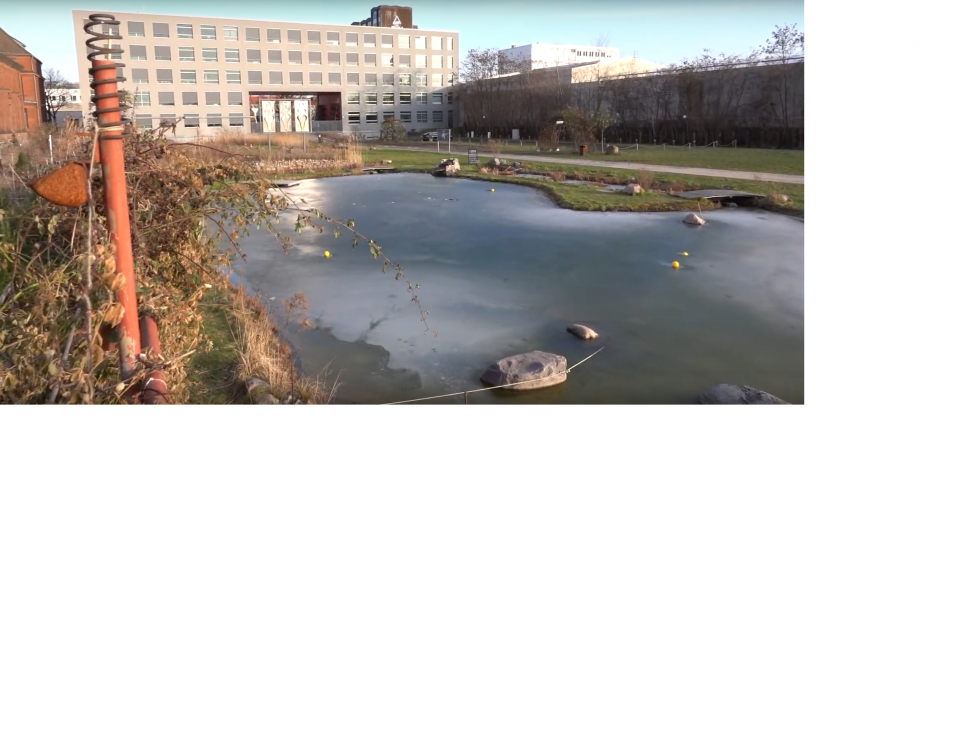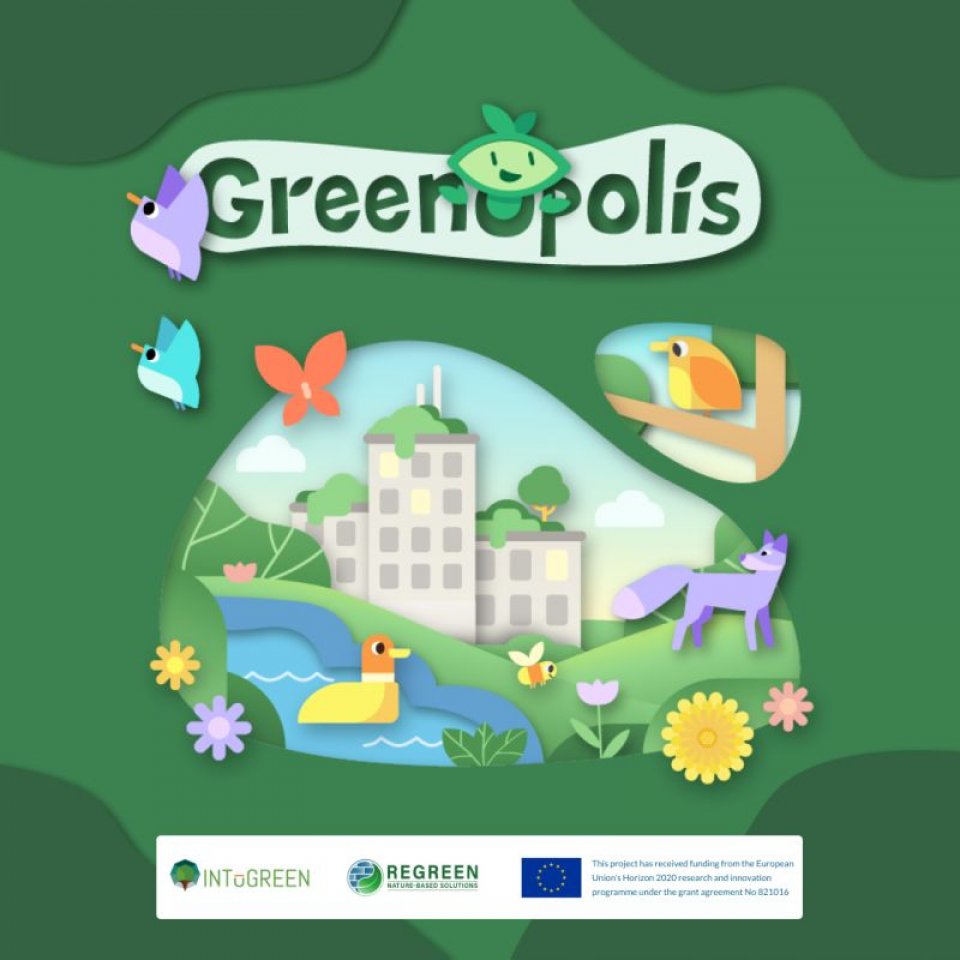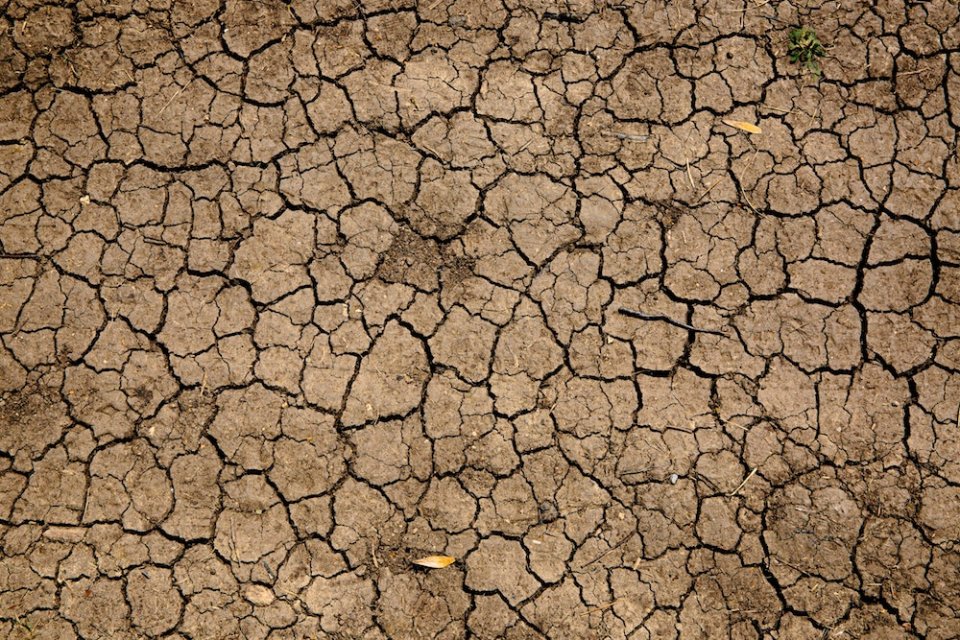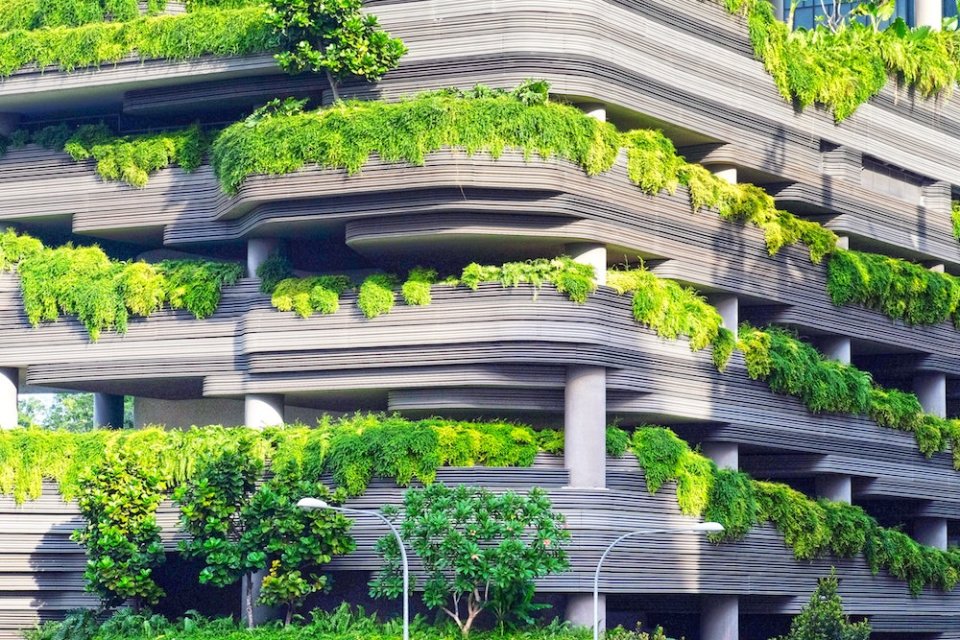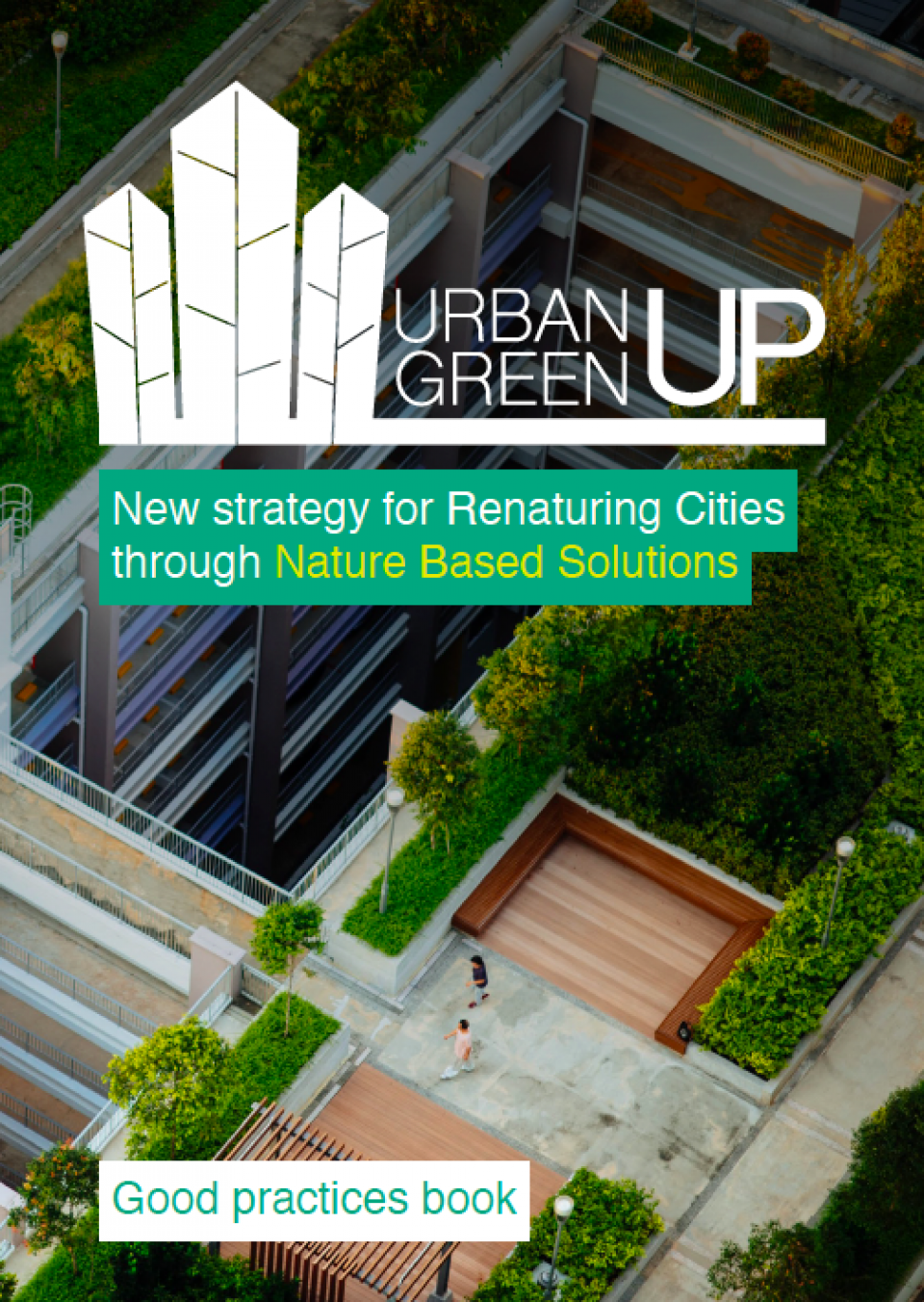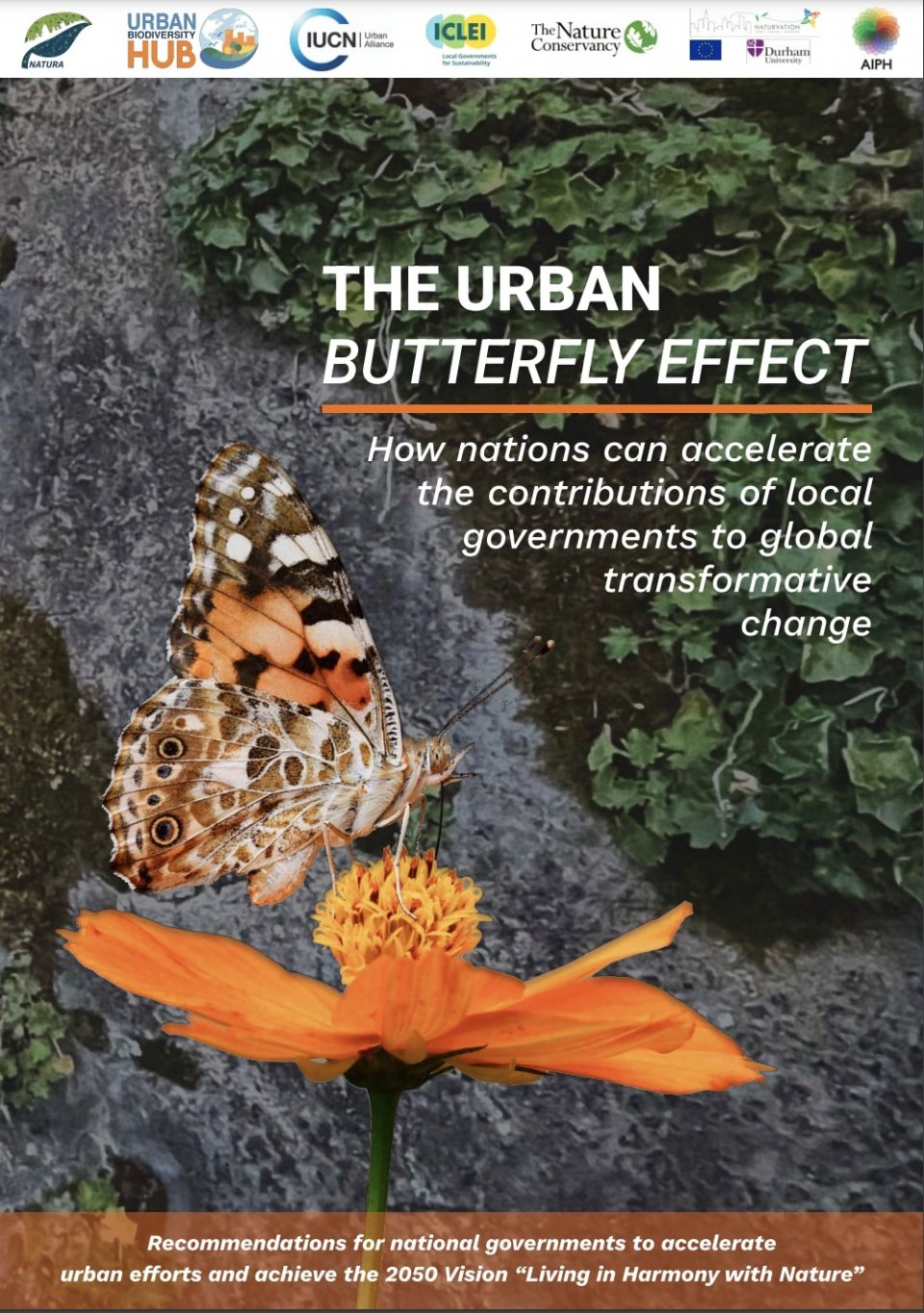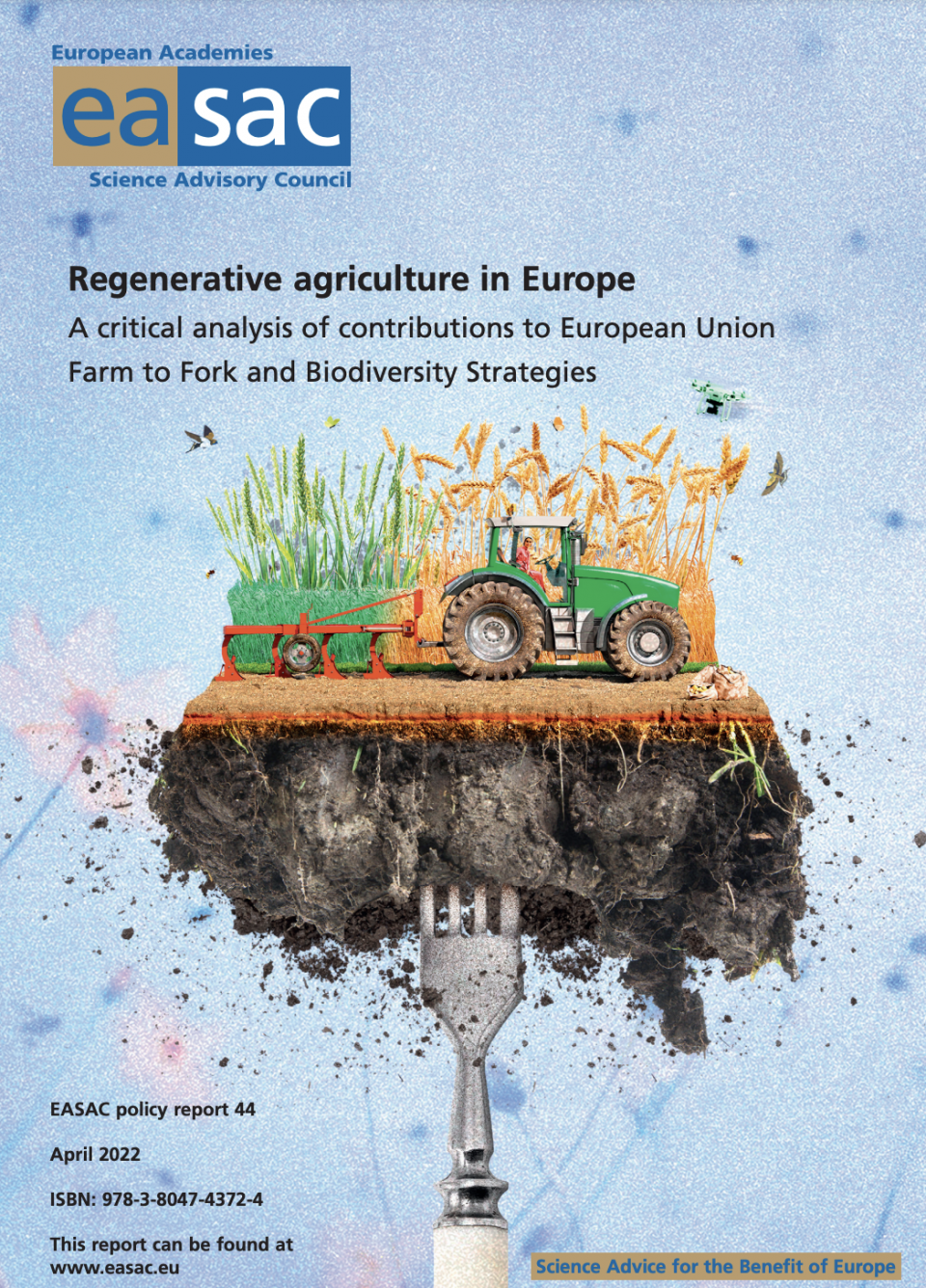Nature-based solutions resources
Barriers and Enablers for Scaling NbS to the Landscape Level [Socio-Ecological Resilience: ‘Weaving’ to scale Nature-based Solutions (Master Thesis)]
Thus far, little research has been conducted on barriers and enablers for scaling NbS to the landscape level. In collaboration with the Bioregional Weaving Labs collective (aiming to restore, protect, and regenerate at least one million hectares of Europe’s land and sea by 2030), a student research
Vegetation for urban green air quality plans
Are you aware of the benefits that urban vegetation can produce to lowering temperature and improving air quality? Do you remember how you missed being in contact with nature during the lockdown? The book presents how the Life VEG-GAP project consortium have deepened the links between vegetation
Planning and implementing nature-based solutions - summary
This report is a summary of the proGIreg project's efforts in planning and implementing nature-based solutions, the summary is derived from in-depth reports linked to the end of each chapter. Explore the reports to learn more!
Financing Natura 2000 - EU Funding Opportunities in 2021-2027
The document is designed to help improve the uptake of EU funds for biodiversity and in particular for the management and restoration of Natura 2000 sites in the current multiannual financial framework (MFF). The guide analyses possibilities of financing investments in Natura 2000 from different EU
Forest Biodiversity in Europe - From Science to Policy
This report aims to explore the importance of biodiversity in the context of European forests and to make suggestions on how this biodiversity can be effectively maintained and enhanced through protection, management and restoration. The report is meant for all kinds of decision-makers at the EU,
Case Studies on Adaptation and Climate Resilience in Schools and Educational Settings
Educational institutions can play an instrumental role in local level climate adaptation and resilience building. They create spaces for peer learning, innovative ideas, community awareness, and implement practical solutions. Sharing knowledge, best practices and concrete experiences on how to
TELEPÜLÉSI KLÍMAADAPTÁCIÓ: Adaptációs jó gyakorlatok
Az adatbázis célja a hazai önkormányzatok hatékony klímaadaptációjának elősegítése és a klímaváltozással szembeni sérülékenységük csökkentése hazai és nemzetközi jó gyakorlatok bemutatása által. A találatok célirányosan, a projekt, a technológia vagy a település megadásával szűrhetők.
Nature-based Solutions in the Nordic Region
The NetworkNature Nordic hub is a gathering place for all those who work with nature-based solutions in the Nordic region. It is a platform where we exchange contacts and share the knowledge, we gain about implementing nature-based solutions in our part of the world. Also, we post Nordic cases on
VÍZGAZDÁLKODÁS: Innovatív vízgazdálkodási megoldások gyűjteménye
Az Innovatív vízgazdálkodási megoldások gyűjteménye olyan fejlesztések, termékek, szolgáltatások adatait gyűjti össze, amelyek ökoszisztéma alapú segítséget nyújthatnak az éghajlatváltozás hatására megjelent térségi és települési vizekhez kapcsolódó problémák kezeléséhez és megoldásához. A
Innovating with Nature: Nature-based solutions
This infographic shows how nature-based solutions can play an important role in solving several of the challenges that our society is living nowadays, such as: Climate change and energy, Unsustainable and unhealthy cities or degradation of ecosystems.
Az esővízhasznosítás és szürkevíz újrahasznosítás lehetőségei a klímaváltozás hatásainak csökkentésében
A klímaváltozás okozta hidrogeológiai kockázatok miatt az európai városok egyre gyakrabban szembesülnek a kapcsolódó problémákkal, akár hirtelen áradások vagy éppen a vízhiány képében. A Körforgásos Városi Vízgazdálkodás projekt (CWC) célja hogy segítse a városokat az elavult városi infrastruktúra
- Video
Rainwater harvesting & greywater recycling against climate change
Climate change induced hydrological risks are making European cities increasingly vulnerable against urban floods and at the same time make the water scarcity problem worse. Coupled with growing drinking water consumption and consequently rising amounts of wastewater to be treated, this threatens
Greenopolis - a learning platform about nature-based solutions
Greenopolis is an educational platform about nature-based solutions. The material contains activities and exercises that bring school children (age 8-12 yrs) outside into the (urban)nature to learn through reflexions, creativity, experiments, observations, and by being bodily present in nature
URBAN GreenUP Barriers and Boundaries Identification
This deliverable investigates the experiences and approaches of the URBAN GreenUP cities with the identification of the barriers and boundaries in terms of implementation of Nature-Based Solutions. It provides detailed descriptions of potential barriers and boundaries under the following
URBAN GreenUP Climate Change Challenge Catalogue
This report provides a useful tool for the standardisation of a method to identify and evaluate cities in respect of several societal city challenges. Such a tool will allow practitioners to be able to examine these challenges in a simple way with accurate information about how these challenges
URBAN GreenUP Nature-based solution catalogue
The target of this document is the definition of a catalogue of Nature Base Solutions (NbS) that includes all the possible characteristics (technical, economic, environmental, and social) of each one of them. In order to be able to select the best options to introduce them in the development of
URBAN GreenUP Nature-based solution selection tool
This tool is a decision support tool – it’s designed to give suggestions that may help you choose the right Nature-based solution (NbS) for you, based on both your city’s capabilities, and the outcomes you’d like to achieve. It can also be helpful in figuring out how to build your capacity to
URBAN GreenUP good practice kit
This kit will help you in using Nature-Based Solutions (NbS) to make your city more liveable and resilient to climate change. It offers a set of best practices and recommendations that cover all the stages of NbS implementation: how to select the right NbS, how to set one up, and how to monitor it
The Urban Butterfly Effect
"The Urban Butterfly Effect” a policy brief with recommendations for national governments to accelerate urban efforts to help them achieve the Global Biodiversity Framework (GBF) 2030 Action Targets. This policy brief is a response to the call from the Plan of Action on Subnational Governments
European Academies Science Advisory Council - Regenerative agriculture in Europe
This report takes as a first point of departure the goals and commitments made in the recent European Commission’s Green Deal, and specifically the Biodiversity and Farm to Fork Strategies, for dealing with both climate change and biodiversity loss while at the same time securing production of an
- ‹ previous
- 19 of 33
- next ›

